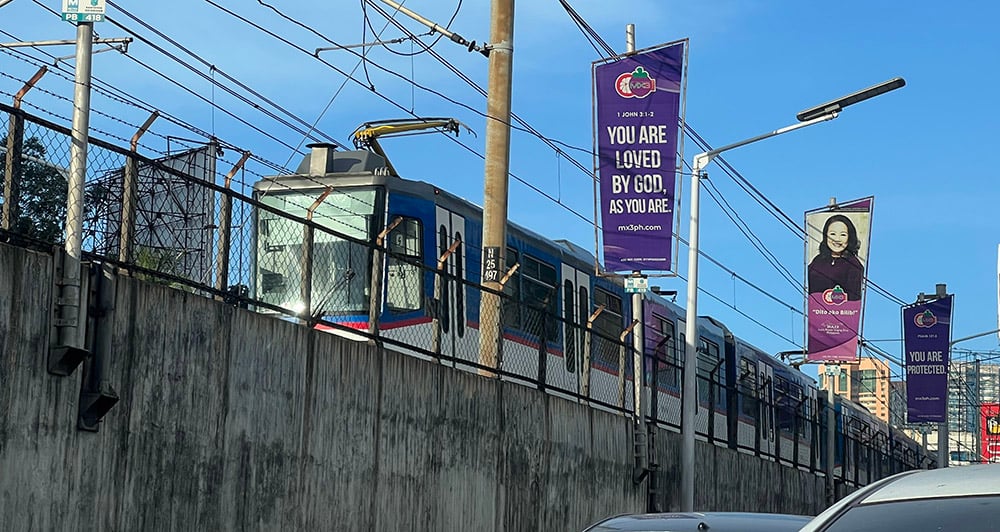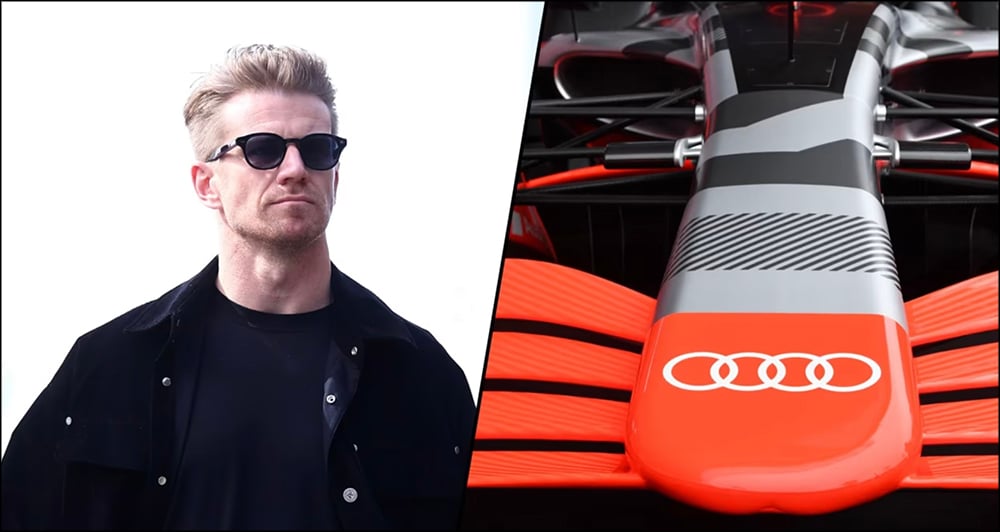
Last month, members of the off-road motoring community were up in arms about the Land Transportation Office’s renewed campaign against vehicle modification, with the particular target being 4×4 SUVs and pickups. A rash of angry social-media rants ultimately led to a dialogue between the agency’s top officials and stakeholders in the aftermarket modding industry.
Sam Liuson, president and CEO of Wheel Gallery, a shop that sells and installs aftermarket wheels and tires, even sent LTO chief Edgar Galvante a position paper, which contained the following statement:
We find the existing laws in the Philippines to be in need of being reviewed and updated. There are many possible misinterpretations of the existing law that could result in confusion. Department Order No. 2010-32 Section 5.2.6 prohibiting the change of rim size is no longer applicable with today’s vehicles due to advancements in methods and technologies relating to wheels and tires.
We recommend that guidelines to accept modifications to a vehicle’s wheels and tires be patterned after internationally accepted standards such as load rating, speed rating and quality. Adherence to globally recognized wheel and tire quality standards would also be more prudent to avoid ambiguity. These global standards all have black-and-white certification and testing procedures that can be set as the benchmark for the roadworthiness of wheels.
Well, the LTO seems to have heeded the petition as the agency has just released a statement saying it is proposing an “accreditation process for modification service centers.”

“Under the directive of [Transportation] Secretary Arthur Tugade, we have communicated to the stakeholders [of modified vehicles] to have transport and traffic rules and regulations that are fair, relevant and responsive to the needs of the times,” Galvante is quoted in the statement as saying. “We have emphasized during the meetings that our goal is to ensure the safety of the motoring public, and not to restrict the use of modified vehicles.”
So, what is the LTO proposing exactly?
The regulating body basically wants aftermarket shops that are in the vehicle modification business to be responsible for accrediting or certifying the roadworthiness of the cars they work on. Here is the exact wording of the statement:
Government and private sector representatives agreed to establish the Certificate of Road Safety as one of the requirements during LTO vehicle inspection prior to registration. The modification service center—and not the manufacturer—shall issue the Certificate of Road Safety, which will contain, among others, information on what has been modified and where the vehicle may be used (whether it may be operated on national highways or only for off-road).
Some might worry about the possible abuse of such a requirement, but this is so much better than banning aftermarket add-ons altogether. As with other government-imposed certifications, this will likely cost a fee. Likewise, this should be a small price to pay for the freedom to modify one’s vehicle. We just hope that the LTO can also check the shops that sell and install aftermarket products, and ensure that each one adheres to strict quality standards. You can’t ask a shop to issue road-safety certificates if the shop itself is incompetent and negligent.
What do you think?











Comments